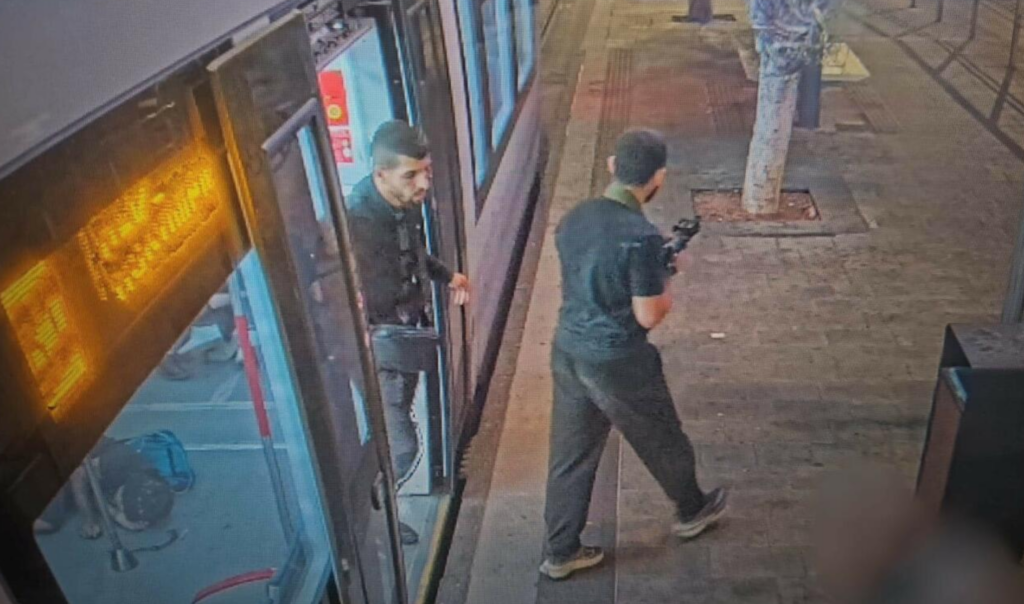On Tuesday, a tragic mass shooting occurred in the Israeli city of Jaffa, located in the southern part of Tel Aviv, resulting in significant casualties. Local media outlets reported that a pair of gunmen unleashed a shooting spree near a light rail station on Jerusalem Boulevard. As emergency responders rushed to the scene, the situation quickly escalated, with numerous individuals injured. The police referred to the incident as a suspected terrorist attack, which unfolded just hours prior to an Iranian ballistic missile strike on Tel Aviv, heightening tensions in an already volatile region.
Initial reports from Hebrew media suggested that there were at least two attackers and a minimum of 10 individuals were injured, including two in critical condition. As more details emerged, scenarios became increasingly dire, with Israel’s Magen David Adom (MDA) confirming that eight people had been killed. Eyewitness accounts and reports indicated that at least 14 people were shot during the incident. Conflicting reports circulated regarding the identity of the attackers, with initial security camera images depicting two men, likely of Arab or Palestinian descent, armed with assault rifles. The chaotic nature of the scene was captured in footage showing a shootout and individuals lying on the ground, underscoring the tragedy of the event.
In the aftermath of the shootout, fear and chaos enveloped Israel, with many residents seeking refuge in bomb shelters as alarms sounded throughout the country. The timing of the shooting coincided with news of a large-scale missile assault launched by Iran against Israel, resulting in widespread panic among the populace. This simultaneous outbreak of violence not only heightens the immediate threat posed to Israeli citizens but also reflects broader tensions in the region with implications for national security.
Police confirmed that the gunmen responsible for the attack had been “neutralized,” though tension remained high as investigations into the shooting unfolded. The Israeli authorities continued to evaluate the situation, analyze the attackers’ motivations, and assess any potential connections to broader terrorist networks. Local and international reactions to the shooting have focused on the need for urgent discussions about security measures and strategies to address the underlying issues contributing to violence and instability in the region.
The broader implications of the shooting extend beyond immediate security concerns, sparking discussions on the ongoing Israeli-Palestinian conflict and the historical context of violence in the area. Many experts emphasize the necessity of addressing the root causes of conflict and terrorism, which may provide better long-term solutions to prevent such tragic events from occurring in the future. In the wake of the attack, calls for unity and resilience among Israelis have surfaced, as the nation grapples with the emotional aftermath of the violence.
As the investigation progresses, it remains crucial for local, national, and international stakeholders to engage in meaningful dialogue about the need for peace and stability in the region. The tragic events in Jaffa serve as a stark reminder of the urgent need to address security concerns while pursuing paths toward reconciliation that can ultimately contribute to a more peaceful coexistence among differing communities in Israel and Palestine.

